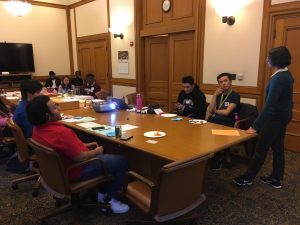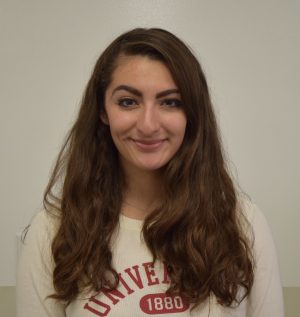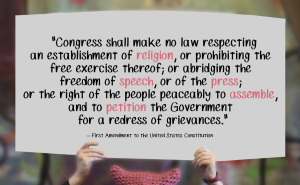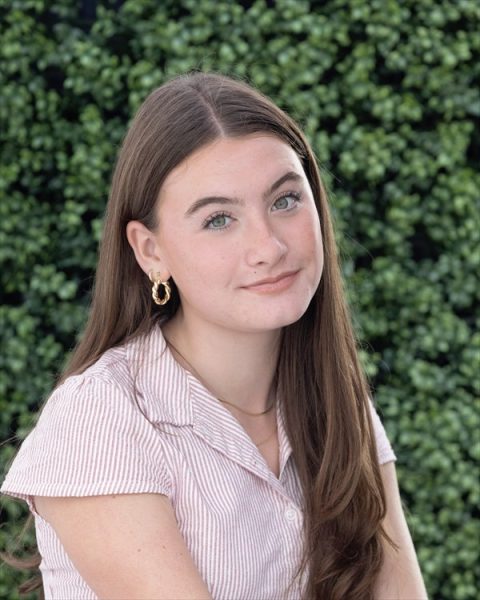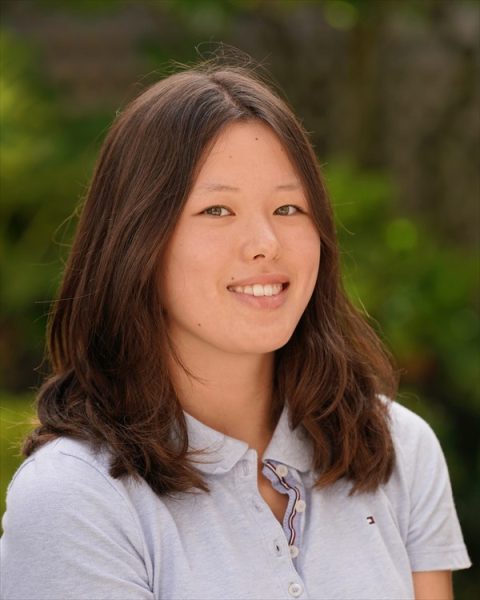School supports students’ freedom of expression
Faculty encourages free speech in the classroom.
September 28, 2017
Public school students “do not shed their constitutional rights at the schoolhouse gates,” according to the 1969 Supreme Court case Tinker v. Des Moines, yet even as a private school, Convent encourages students to exercise their First Amendment rights.
Because public schools are funded by the government, they have limited ability to censor students, as the First Amendment prohibits government officials from suppressing constitutional rights. Private schools, which are not funded by the government, can censor students, although Convent strives to provide an environment for students to freely express themselves, according to art teacher Rachel McIntire.
“We really try to foster a space where they can exercise their rights in the spirit of wise freedom,” McIntire said, citing Goal 5. “You can say whatever you need to say, but make sure you are being thoughtful and you’re thinking of all sides.”
Goal 5, “educating to personal growth in an atmosphere of wise freedom,” places high trust and expectations in students to share their voices, according to Head of School Rachel Simpson.
“We have to invest in you the power of your voice and the right to speak when you’re in a school,” Simpson said. “We want to be a place that promotes student voice, and that’s always been what Schools of the Sacred Heart are about.”
Convent High School has been recognized with the First Amendment Press Freedom Award for three of the past four years, a designation for schools who actively support and honor the First Amendment through its student media, according to the Journalism Education Association website.
“It is not common for private schools to be recognized with FAPFA,” John Bowen, former Scholastic Press Rights Director for the Journalism Education Association, said in an email. “Only three have ever done so: [Convent], The Archer School in Los Angeles and Hoban High School in Akron, Ohio.”
While students are supported in expressing themselves, McIntire says they should keep their school audience in mind.
“I talk a lot about where you are and who your audience is,” McIntire said. “Being a K to 12 school that is open to so many different constituencies, I talk about where you would show your work and to whom.”
Teachers’ trust in students allows them to provide guidance instead of just censoring students’ voices, according to Simpson.
“When you have a school that is so founded on the quality of the student-teacher relationship, you know the students and you know you are not going out on a limb,” Simpson said. “My job is not to say no, my job as a teacher and administrator is to guide.”



